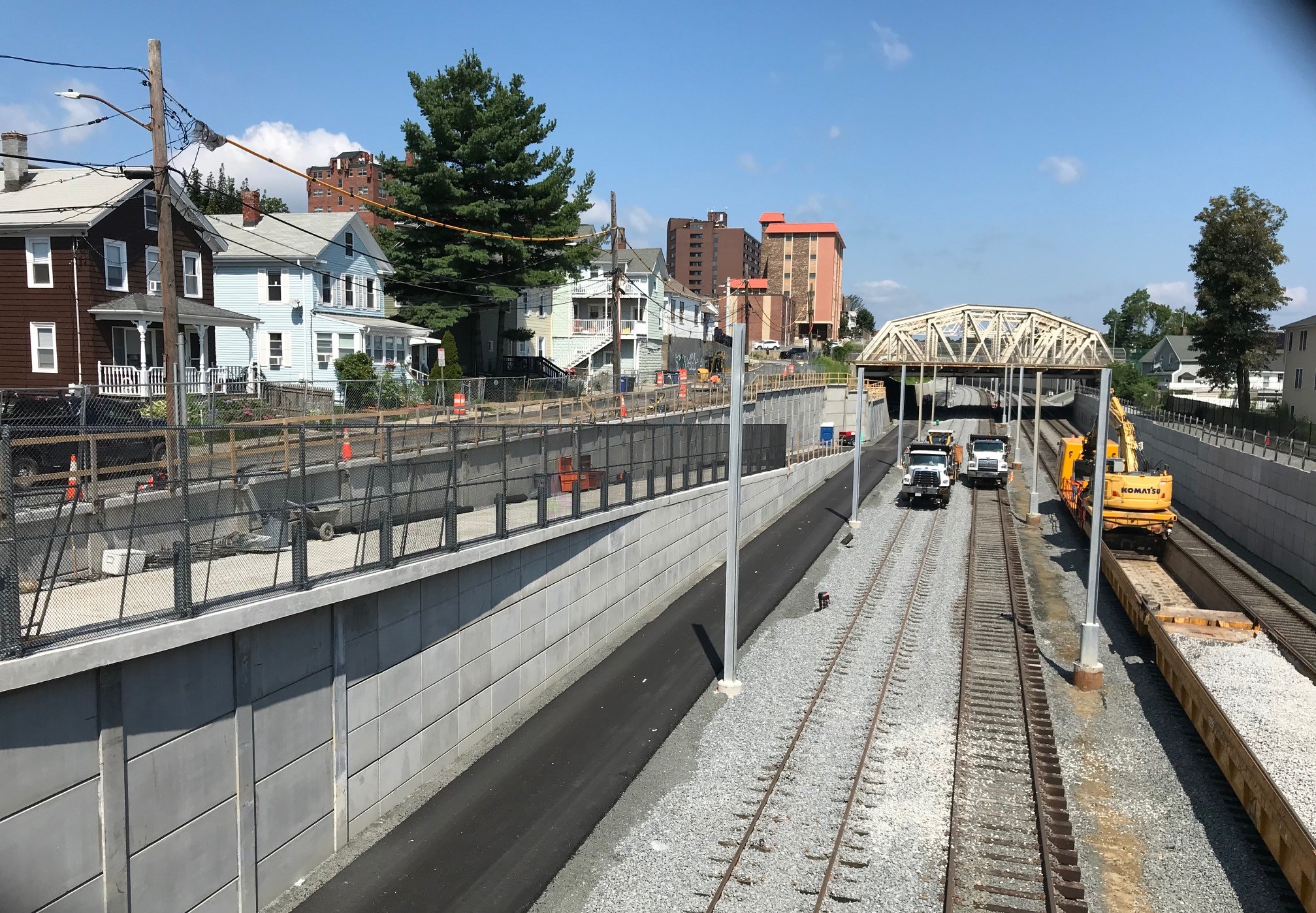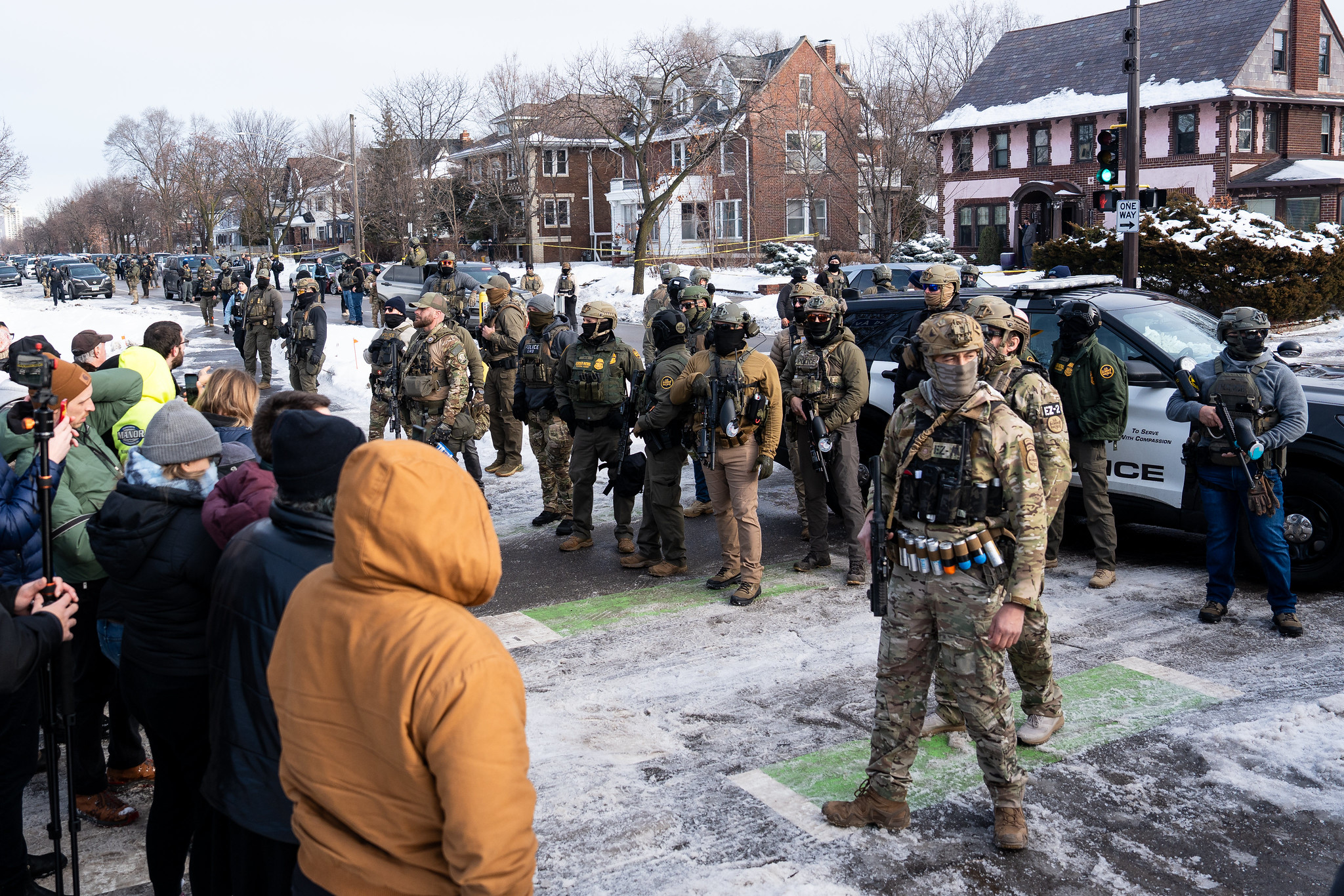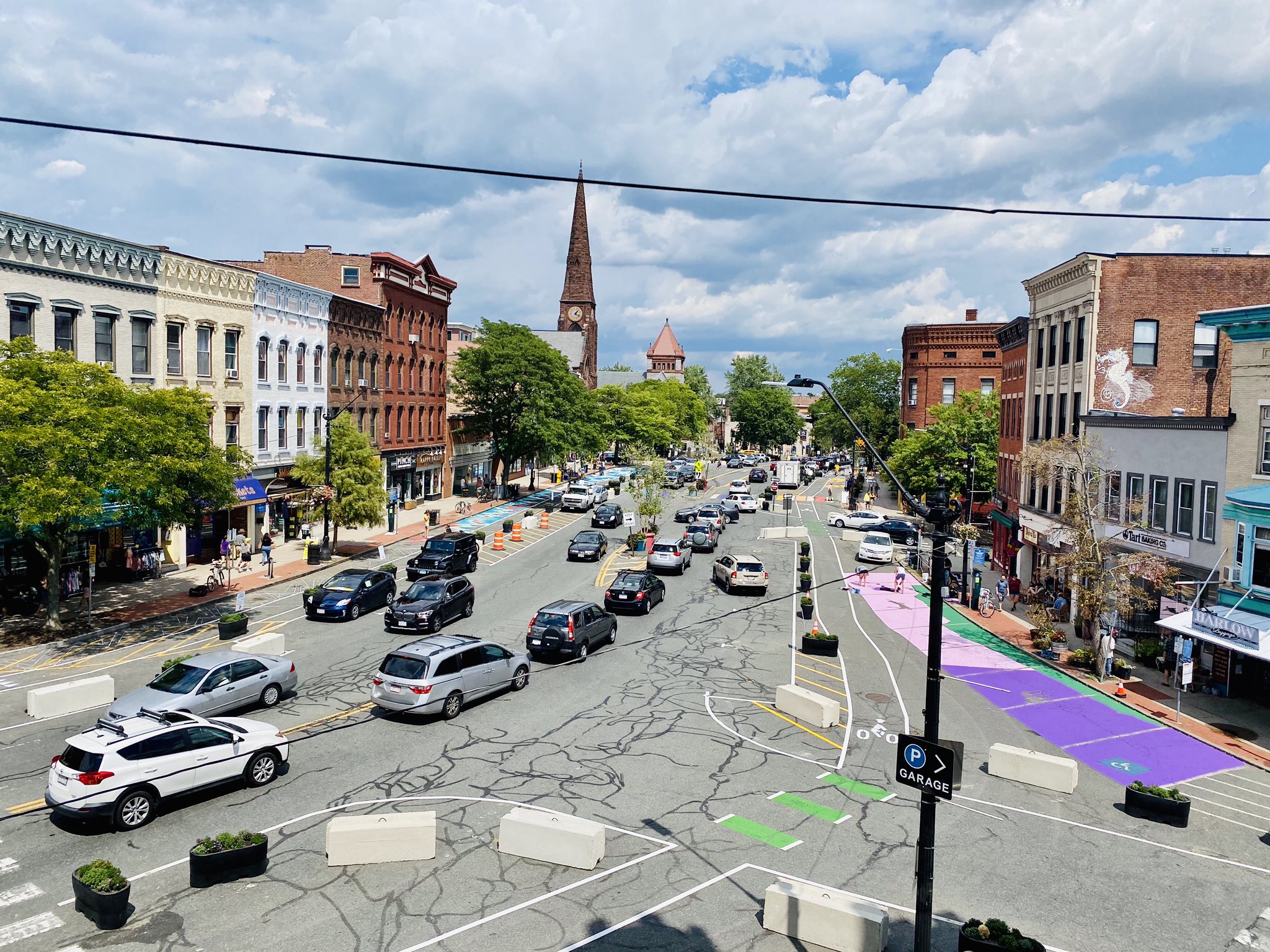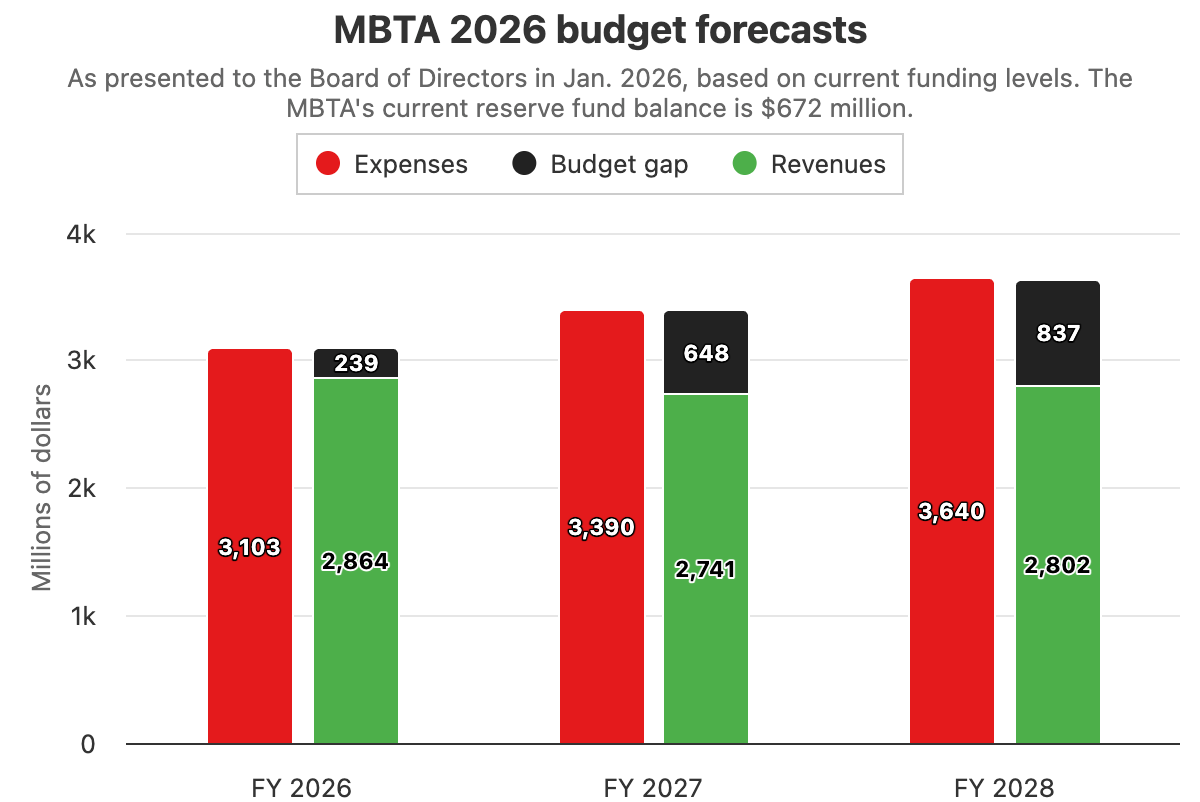Transportation advocates in Massachusetts have lots of big ideas for projects they'd like to buy with new funding from President Biden's new infrastructure bill: a faster passenger rail line between Boston and Springfield; a new subway to connect the Red and Blue lines in downtown Boston; a realignment of the Massachusetts Turnpike through Allston.
But for the people in charge at MBTA and MassDOT, it's still too soon to start shopping for projects, because state agencies still only have a vague idea of how much new funding Massachusetts might actually receive from the new law.
“I do not have a ballpark figure (for the infrastructure bill) - we expect real numbers if not this week, then next,” said David Mohler, MassDOT's Executive Director of Planning, at a virtual meeting of the Boston Regional Metropolitan Planning Organization (MPO) earlier this month (the MPO allots federal transportation funds for projects throughout eastern Massachusetts).
Media reports have cited figures from a White House fact sheet that says that Massachusetts will receive $4.2 billion in highway funds (which includes funding for bridges, complete streets projects, and a new Carbon Reduction Program, among other things), plus $2.5 billion for public transit programs.
But those funds will be distributed over a 5-year period, and much of that money would likely have come to Massachusetts anyhow even if the new law hadn't been passed.
Under the previous federal transportation bill, the FAST Act of 2014, Massachusetts received $3.2 billion in highway funds for the 5-year period from 2016 to 2020. That means that the net increase in highway funding, relative to current levels, is really about $200 million a year.
That's a lot of money, to be sure, but in the context of infrastructure megaprojects and increasing construction costs, it won't go that far. To take just one example, MassDOT is planning to spend about $395 million to rebuild just one highway interchange between I-90 and I-495 in Hopkinton.
The MBTA's General Manager Steve Poftak also tried to temper expectations about what the new funding could buy at a board meeting this month.
The new funding "will surely be additive to our current efforts, and we are grateful for the money," said Poftak. "But we are still trying to understand the magnitude of the money that we will actually receive.... I have seen lots of thoughtful creative ideas of how we could spend the money, but I do caution that the money may not go that far."
The bigger change from the new infrastructure law may be a suite of new and expanded programs whose spending will be granted competitively, at the discretion of bureaucrats in Washington. For instance, the RAISE grant program that awarded $15 million to the City of Boston last week to improve bus service along Blue Hill Avenue will see its annual funding tripled under the new law.
The law also creates a $6 billion "Safe Streets for All" competitive grant program to support Vision Zero initiatives, a new $12.5 billion competitive grant program for bridge repairs and replacements, and an expanded $23 billion budget for the Federal Transit Administration's competitive capital grants program, which funds transit expansions like the Green Line Extension.
At November's MBTA board meeting, MassDOT Secretary Jamey Tesler said that he expects it "will take some time to put together how the competition for those dollars will go, and that is going to require a lot of conversation amongst us as to what we will seek, and how we will compete, and how we'll make sure we will succeed in that category. It's very different, and new."
But both Poftak and Tesler agreed that Massachusetts is well-positioned to take advantage of those new programs.
"We have a significant shelf full of projects that can be ready to go within the timeframe envisioned of this bill. It will not be a challenge for us to come up with necessary and worthy projects. It may be a challenge for us to prioritize or sequence them, but we have been doing a significant amount of preparation for this bill," said Poftak.
The MBTA is just beginning to write a new 5-year capital investment plan, which would include new modernization, reliability, and transit expansion projects. It will be the T's first 5-year investment plan since the pandemic began, and the new infrastructure law is expected to have significant influence in what kinds of projects could be included.
The T expects to develop that new capital plan over the next few months.






